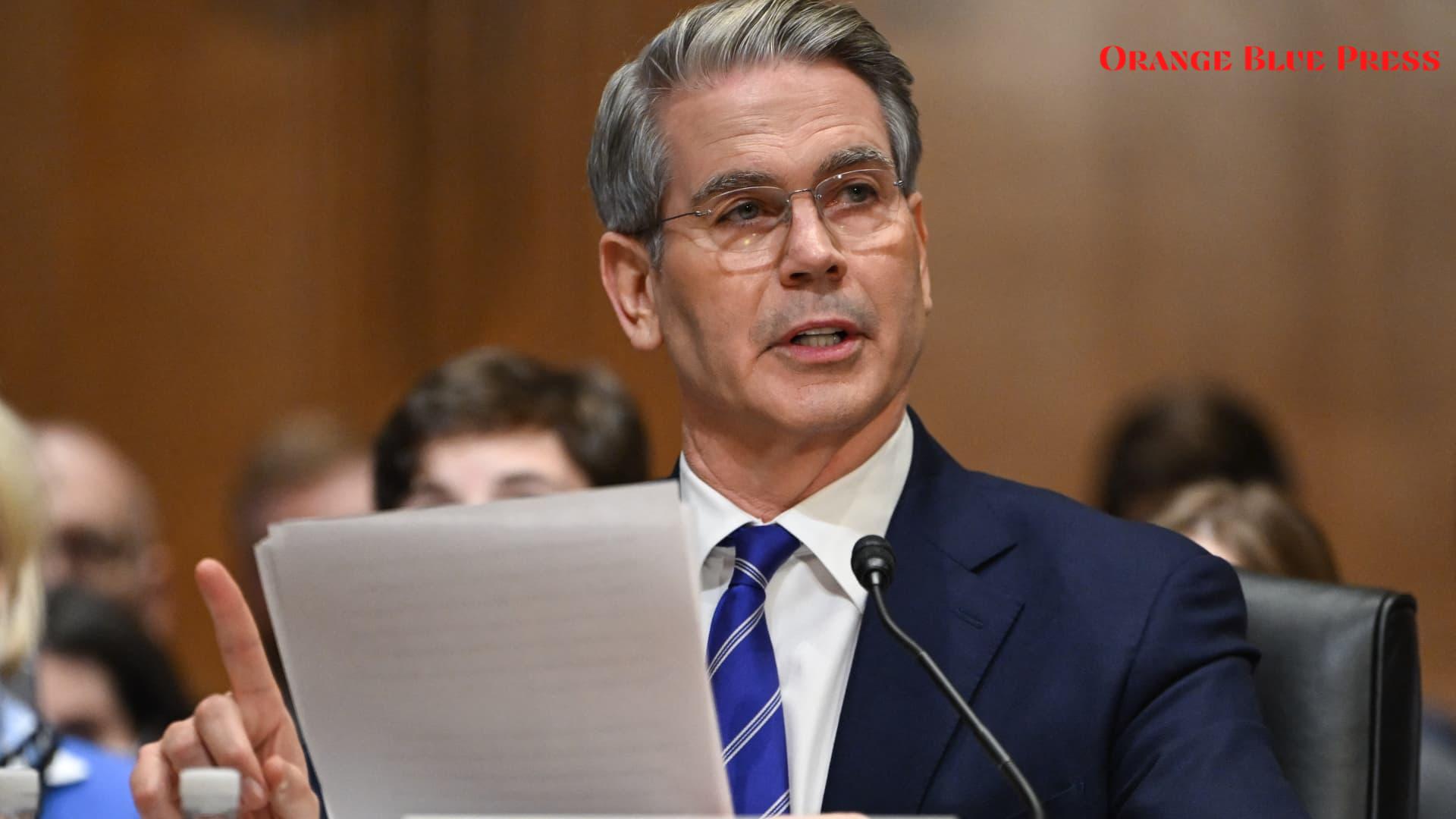As the U.S. government grapples with soaring national debt exceeding $36 trillion, Scott Bessent, President-elect Trump’s Treasury Secretary nominee, took center stage during his confirmation hearing. With rising deficits and tax questions on the agenda, Bessent’s remarks have raised eyebrows across the political spectrum.
Spending Problems Highlighted
During his confirmation hearing, Bessent addressed the issue of excessive U.S. spending. He argued that the country is facing a serious spending problem rather than a shortage of revenue. His testimony came at a critical time when the three-month fiscal year 2025 deficit reached a staggering $710.9 billion. This figure signifies a 39.4 percent increase compared to the same period last year, alarming many lawmakers and citizens alike.
Bessent’s Take on Deficits
Bessent emphasized that this rise in deficits is unprecedented outside of periods of recession or war, sparking concerns among economists and taxpayers. He indicated that the federal government has relied on borrowing in various crises, but the current unsustainable spending levels pose a serious threat to the nation’s financial health.
Tax Cuts Under Scrutiny
In addition to discussing spending, Bessent faced tough questions about his commitment to extending the 2017 tax cuts. Critics argue that these tax cuts primarily benefit the wealthy, costing an estimated $4 trillion over a decade if continued. Senator Elizabeth Warren noted that such measures would only help the rich get richer, while others claim Bessent has a history of tax dodges, estimating he could owe nearly $1 million in self-employment taxes.
The Debt Ceiling Debate
Another critical topic arose during the hearing: the debt ceiling. Bessent took a cautious approach when asked by Senator Warren about his stance on eliminating the debt ceiling, a move that President Trump and many Democrats have supported. While he expressed a willingness to collaborate with Trump on this matter, his indecision indicates ongoing tensions regarding economic management in Washington.
The Future of Bessent’s Nomination
As the confirmation process continues, pundits and politicians are keenly watching Bessent’s responses. He stands both for a vision of continued tax cuts and for a backdrop of rapidly growing government debt. Will he be able to convince the Senate that he can navigate these turbulent waters successfully? Only time will tell, but the implications of his confirmation could profoundly affect the nation’s economic policies moving forward.
| Key Points from Bessent’s Hearing |
|---|
| Bessent warns of excessive U.S. spending |
| Deficit: $710.9 billion for Q1 of FY 2025 |
| Tax cuts favor the wealthy, costing $4 trillion |
| Faced allegations of tax avoidance |
| Debt ceiling debate remains unresolved |




















